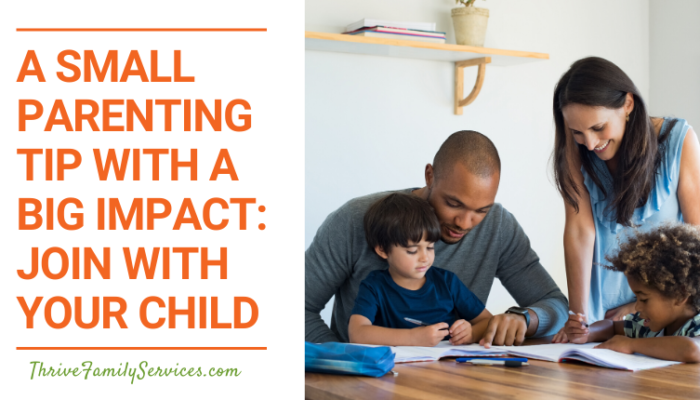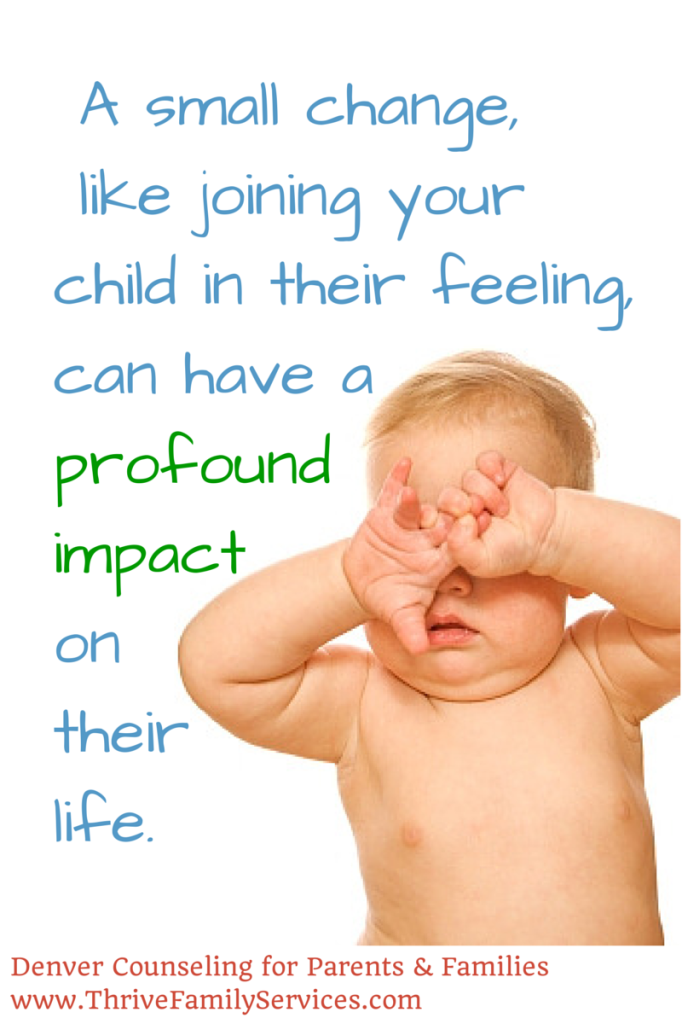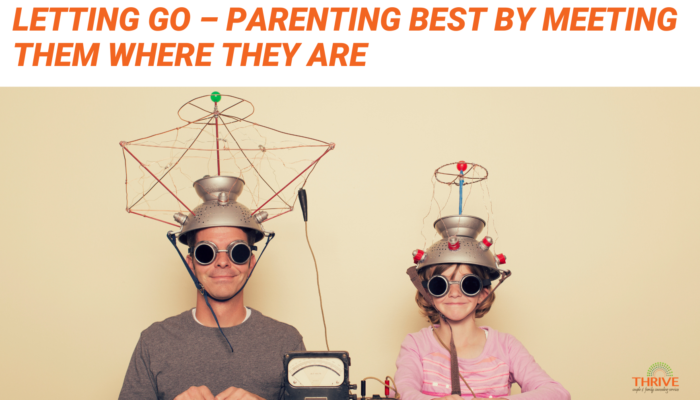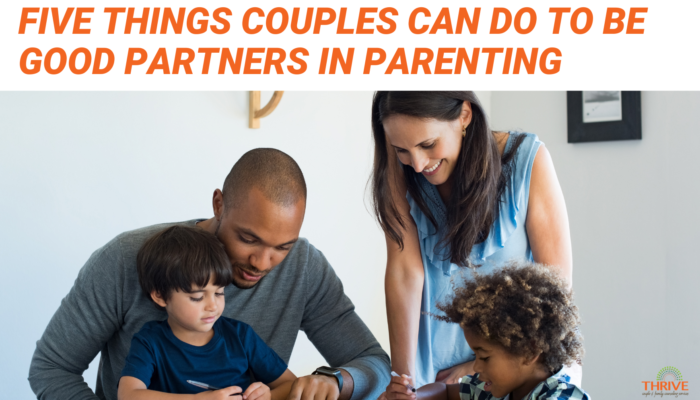Inspired by the parenting theme in our last post—My Favorite Parenting Approach: Parenting by Connection—where we interviewed Parenting by Connection Instructor Kristen Volk.
Most parents want to have their children listen, cooperate and have positive and close relationships with them. However, when our lives get really busy, we can sometimes forget the profound impact we have on our children, even in seemingly small moments. Dan Hughes’s book “Attachment Focused Parenting” is full of parenting tips (like the one I will share with you here) that create positive, close relationships with our children and shape our child’s perception of themselves.
Small changes can make a big impact. A relatively unimportant, small, and innocent way of responding to your child can actually shape him for a lifetime. Sometimes, we parents either worry too much about how we influence our children, OR we are pretty unaware of that impact.
Today, I will share one small parenting tip to join with your child so that your “hearts and your minds meet”—especially in a time of frustration and distress.
The fancy name for joining with your child in his experience is INTERSUBJECTIVITY. When you join your child in an experience, you match your child’s feelings (for example anger) without getting angry yourself or overwhelmed by it.
Let’s say that your 5-year-old son, Johnny, is frustrated with his toy. He screams, throws the car, rests his elbows on his knees and his head in his hands, and yells: “Stupid car!”
Mom, practicing INTERSUBJECTIVITY says: “That is so hard when you cannot make it work – so hard!” Mom is matching Johnny’s affect. Her focus is not on the car, but on Johnny and his frustration with the car. By her validating attention to Johnny’s frustration, she sends him an powerful message of support.
At that point Johnny may say: “I never can do it!” Mom, practicing INTERSUBJECTIVITY says: “Oh, my! You think that you can never do it! No wonder you are so upset if you can never make it work.
By joining Johnny in his anger and despair, (instead of arguing with Johnny that he CAN do it), mom helps him uncover perhaps the bigger distress under his belief that he can never do it. Johnny will be more likely to pick up the car and try again. That is because mom’s support and attuning to his feelings helped Johnny calm down and give it another shot.
In this example, mom joined with Johnny’s frustration, used empathy to experience it with him, but also said out loud what she saw to help him to better understand his own experience. She was attuned and focused on the present moment with him.
Dan Hughes shares ways to join with your child:
- You really seem to be sad that I won’t let you visit your friend.
- You look SO sad.
- You look kind of confused.
- You really look excited about getting it right!
- You seem to be so proud of what you just did!
- You really sound angry now!
- How hard that seems to be for you!
- You look relieved to be finished after all the work that it took.
- You really seem happy with your choice.
Once you join with your child, you help them organize the experience (For Johnny, the experience had to do with not getting his toy to work), and find words to describe it. You let your child feel what he/she feels. You attune to that feeling, help them organize it, and empathize with it (instead of jumping into advice or solutions). We all want to know that someone really understands our feelings. As a result, the feeling will begin to calm down. Once you start practicing INTERSUBJECTIVITY, your children will begin to understand their experiences, and be better equipped to manage similar situations in the future.
By using INTERSUBJECTIVITY to connect with your child, many parents find themselves giving fewer lectures, doling out fewer consequences and feeling closer to their child.
About the guest author: Marta Kem, LMFT provides Couple and Individual Therapy using Emotionally Focused Therapy (EFT).
For therapy clients in the Denver Tech Center, call Thrive at 303-513-8975 or schedule online today.





